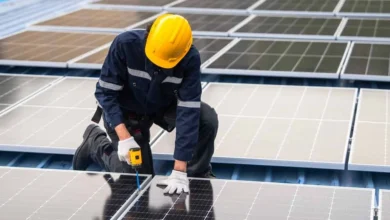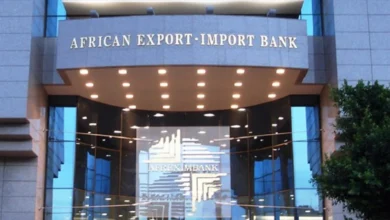
The Africa Climate Summit ended in a not very high tone as expected by the participants and especially the civil societies working in the space.
As a finance expert, what lingers in my mind is the call to action by the AU to the Northern Globe, ‘propose to establish a new financing architecture that is responsive to Africa’s needs including debt restructuring and relief, including the development of a new Global Climate Finance Charter through UNGA and COP processes by 2025’.
African continent emits less than 4% of the greenhouse gas emissions, yet we are the receiving side of the global warming effect, not to mention the just recent Libya flooding that has claimed over 2,000 persons by yesterday.
Well I would not dwell to this but rather jump into thinking of ways the AU member states would partner with our financial institutions – commercial banks, fund managers, the Pan-African banks and others to develop more climate smart financing options.
Green financing in most instances would sound un-bankable and this is the reason why innovative solutions should be developed to encourage and enable investment in these sustainable undertakings.
Thanks to the launch of the new Pan-African Fund Managers Association targeting to focus on green finance.
What would be some innovative financing in this space?
Risk Sharing Instruments would work well with the projects that are considered financially not viable. This is where the government, or the partner supporting the project steps in and commits to take a portion of the risk through risk-buy-out.
This has worked well in the Laikipia Innovation and Enterprise Development Program (LIEDP) that I took part in crafting. The commercial banks were willing for a riskshare with the government and this went a long way in unlocking over KSh. 3.3B worth of credit to the previously riskier borrowers.
Credit Guarantee Schemes to green investment projects is also an innovative approach. These are projects and investments that would be difficult to raise the required collateral to secure a loan.
A case example is in Laikipia where we initiated the collateralization of government asset in form of cash backed facilities to the commercial institutions for onward lending to the MSMEs whose green initiatives required security but had none. Farmers were able to secure greenhouses and improve in water storage thanks to the innovative finance.
My experience in the banking sector would support Project Financing as a green financing option, especially in agricultural value chain projects. These would include for instance in the pastoral regions where draught brings devastations – setting up of an abattoir and related leather and beef value chain that would be the off-tacker or aggregation centre for a common negotiated market.
The financing institution comes in to finance the project backed on the expected cash flow derived from the completed project. The same would work well in the grain or milk value chains. Direct investment or purchase financing would also be a brilliant approach by the financial institutions in financing the green space.
The drought resistant crops like the sorghum that is required commercially by the brewer is a case example. The financing institution would step in to help guarantee markets through contract farming.
The suppliers would then be paid to deliver farm inputs directly to the farmers to avoid risk of diversion of funds. The bank would then come in and mitigate against any un foreseen risk through crop insurance, letters of undertaking among other measures.
The brewer would come in and offer the required technical advice in actual crop growing in our case example.
Green trade financing would also play a great role in climate smart innovative financing. This would expand the financiers scope towards concessional rate in invoice discounting, LPO financing, Letters of credit, advance payments among other instruments within the green circle.
The list is endless and all what is required is an innovative approach with African self-sustainable green financing in mind.





